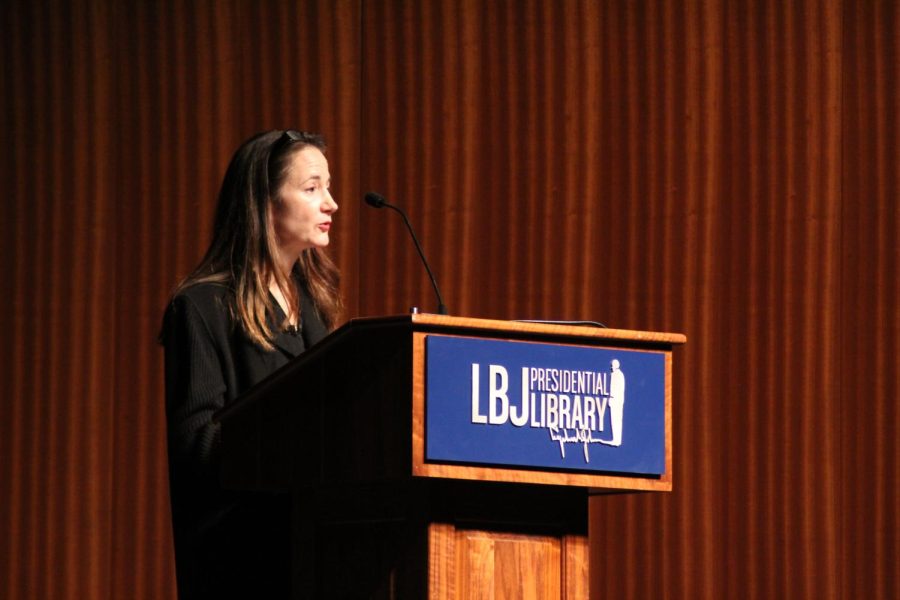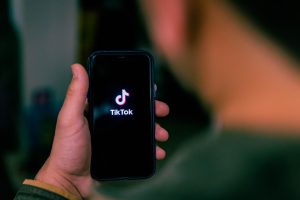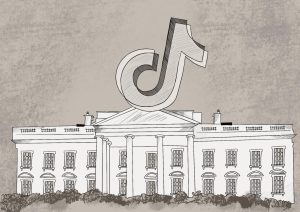Director of National Intelligence, Texas Senator discuss classified documents and security threats surrounding TikTok
January 29, 2023
In the midst of national security concerns surrounding the conflict in Ukraine and sustained risks posed by governments including Iran and China, a two-day conference sponsored by UT Austin tackled issues surrounding transparency and declassification.
Director of National Intelligence Avril Haines and U.S. Sen. John Cornyn spoke as part of the conference, titled America’s Secrets: Classified Information and Our Democracy, on Thursday and Friday, calling for increased declassification and discussing the national security threat posed by foreign data collection through apps like TikTok.
“Overclassification undermines critical democratic objectives, such as increasing transparency to promote an informed citizenry and greater accountability,” Haines said. “Overclassification undermines the basic trust that the public has in its government.”
The conference included talks by the Public Interest Declassification Board, scholars and historians on transparency and classified documents at the Lyndon B. Johnson Presidential Library.
In addition to declassification, both Haines and Cornyn called for Congress to reauthorize Section 702 of the Foreign Intelligence Surveillance Act, which allows the Department of National Intelligence to conduct surveillance of foreign peoples using data obtained through U.S. based technology.
“Honestly, we just would not be able to do our job without it,” Haines said of the need for the section’s reauthorization.
On the risks posed by data collection and the opportunity for foreign influence through social media platforms such as TikTok, Haines said the Chinese government can legally require all China-based companies to hand over their data, raising concerns for national security.
“That data is something (China) can then draw on in their own capacity,” Haines said. “What we see increasing is a variety of authoritarian governments using digital data to engage in digital repression.”
Following the Jan. 17 ban on access to the TikTok app on University devices and networks, Cornyn, who is a member of the Senate Committee on National Intelligence, said he encourages more users to consider the personal privacy risks posed by social media.
“You’re hearing the calls for eliminating some of these (apps), particularly those owned by foreign interests, from being widely available on campus and elsewhere,” Cornyn said. “I think a lot of people are not aware of how that information or data is being used.”
With the politicization of national intelligence and skepticism of the government, Haines said the gravity of her work doesn’t mean the public should be kept in the dark.
“There are real national security reasons for keeping certain things secret that should not get in the way of promoting an educated public debate or doing our job,” Haines said.
















